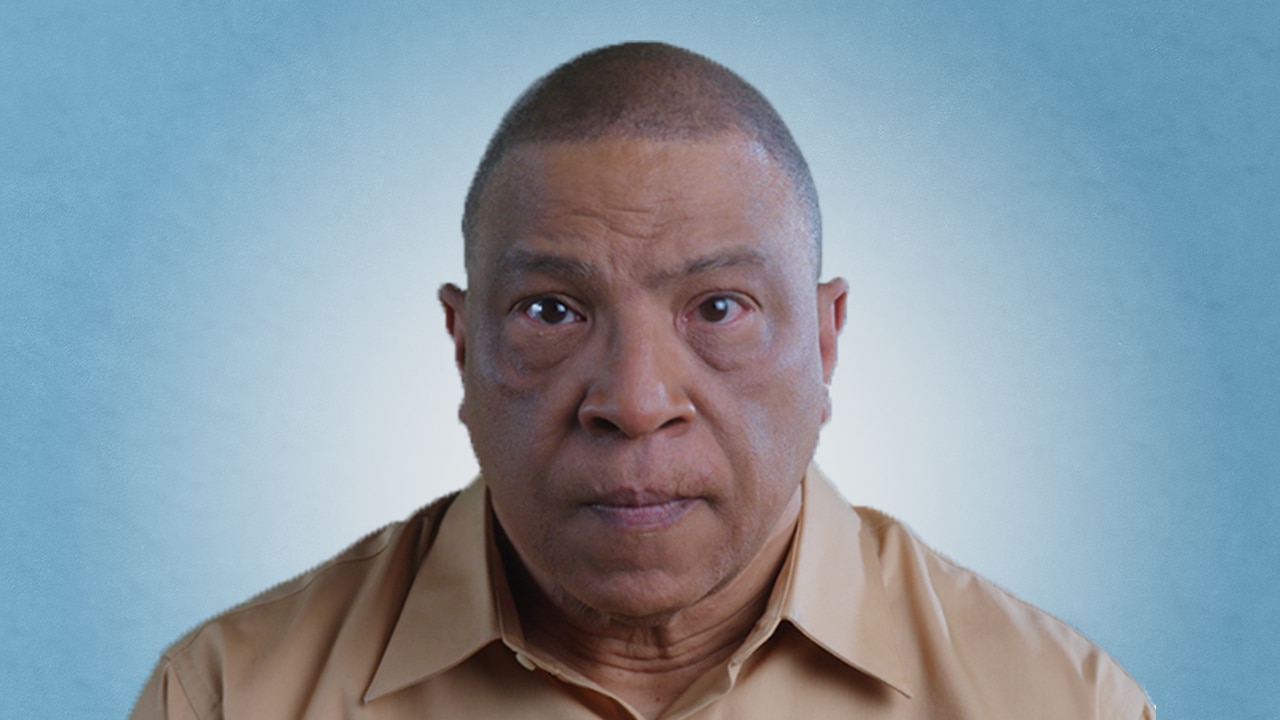Abstract and Introduction
Abstract
Nearly half of the persons receiving dialysis in the United States are aged 65 years or older. Kidney failure occurs most frequently in older adults, and typically triggers a discussion regarding dialysis treatment. In this Special Article, we describe the journey of Mr. Howard Russell, an older adult who experienced kidney failure and underwent dialysis. Using the experience of Mr. Russell, we illustrate the complexity of dialysis decision-making, including how disease trajectory and health policy can potentially impede older adults from achieving "what matters." Our intent is to provide guidance regarding these barriers and support to clinicians who are sharing similar journeys with older adults making decisions about dialysis. Based on Mr. Russell's journey, we suggest that when discussing dialysis with an older adult, four points be considered: (1) recognize if dialysis is needed long-term; (2) understand what matters for the older adult; (3) sync the treatment plan when what matters changes; and (4) set up with resources for kidney failure, which is limited but evolving.
Introduction
Our purpose
Over the past decade, the number of older adults undergoing dialysis for kidney failure has doubled. In 2019, approximately 272,000 older adults were undergoing dialysis; about 67,000 of these individuals had started dialysis that year.[1] Yet information is relatively sparse about the decision-making process for dialysis, especially for older adults. In this Special Article, we recount the journey of Mr. Howard Russell, who developed kidney failure in 2019 at age 78 and opted to begin dialysis. During this journey, Mr. Russell was supported by Dr. Leah Taffel, a geriatrician, and his caregiver/nephew, Dr. Matthew Russell, who is both a geriatrician and palliative care physician. Our intent is to showcase the complexity of dialysis decision-making, and how disease trajectory and health policy can complicate achieving "what matters" even with ideal advocates in place. By sharing these insights, we hope to provide: (1) guidance regarding these barriers; and (2) support to clinicians who are sharing similar journeys with older adults making decisions about dialysis.
To capture the events and emotions of this journey, we recorded an interview with Mr. Howard Russell in 2020, followed by interviews in 2021 with his geriatrician Dr. Leah Taffel, and his caregiver/nephew Dr. Matthew Russell. All individuals, including Mr. Howard Russell, gave us permission to share quotes from the interviews. We use these quotes, complimented by excerpts from Dr. Taffel's entries in the medical record, to highlight important inflection points regarding decision-making about dialysis. These points, along with a photo of Mr. Howard Russell, are summarized in Figure 1.
Figure 1.
Key points for dialysis decision-making, as illustrated by Mr. Howard Russell and his journey with dialysis.
The patient: Mr. Howard Russell
Mr. Howard Russell was a lifelong Boston resident who worked for many years as a lawyer for the city's housing authority. Raised in the Catholic faith, he was a bachelor and lived in his childhood home where he and his three siblings had grown up. Holidays were always spent with family, which included three nephews and five nieces (and their spouses, children, and grandchildren) who visited frequently. When he was younger, Mr. Russell would take his nephews, including Dr. Matthew Russell, out of school to do fun things in the city. In retirement, he loved taking trips to visit out-of-state relatives and spending time with them.
Due to a history of diabetes, hypertension, and heart failure, Mr. Russell developed chronic kidney disease. By the time he was in his seventies, his kidney disease had progressed to stage 3b (moderate to severe disease) with an eGFR of 40 mL/min/1.73m2. In August 2018, he discussed his goals of care, shortly after returning from a family summer trip to New Hampshire. At this time, he was still traveling to visit relatives, and as such, he felt he was in decent health. Mr. Russell expressed his wishes to receive all treatments for reversible conditions, including dialysis. In April 2019, he developed hypotension and was admitted to the ICU. Prompted by the hospitalization, he and Dr. Taffel discussed his care preferences again. At this time, his eGFR had fallen to 30 mL/min/1.73m2. He decided against heroic measures such as cardiopulmonary resuscitation, as such actions were likely futile. But he was still willing to receive dialysis and other treatments for reversible causes. Then in September 2019, he was hospitalized again, this time for lower extremity cellulitis. He was treated with antibiotics, which worsened his kidney function.
J Am Geriatr Soc. 2023;71(5):1378-1385. © 2023 Blackwell Publishing













